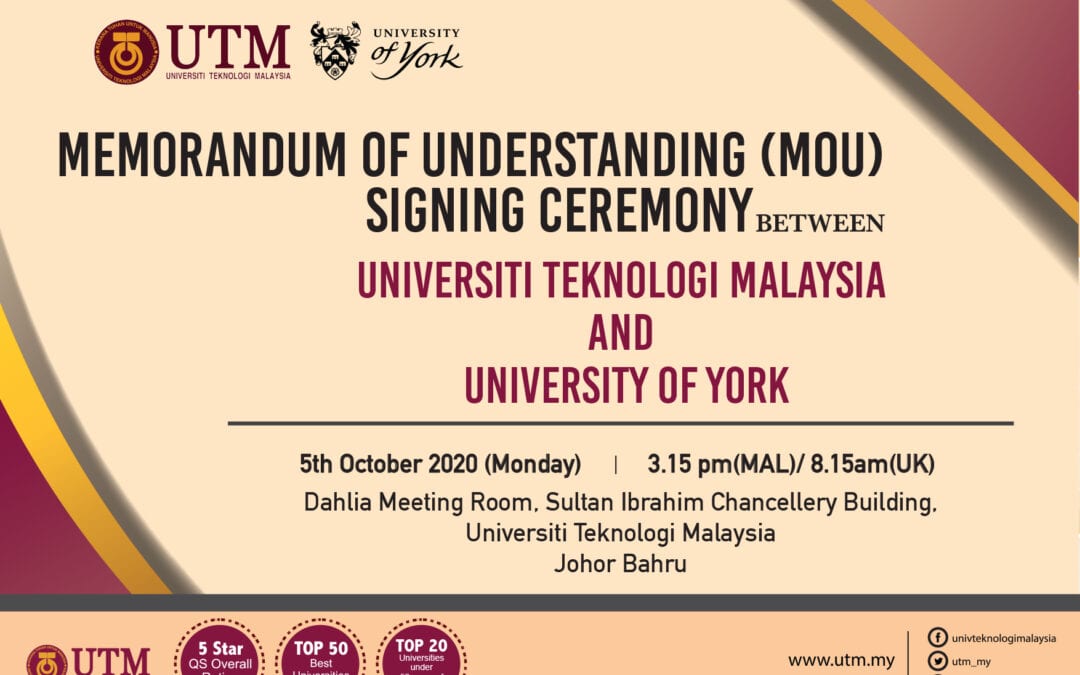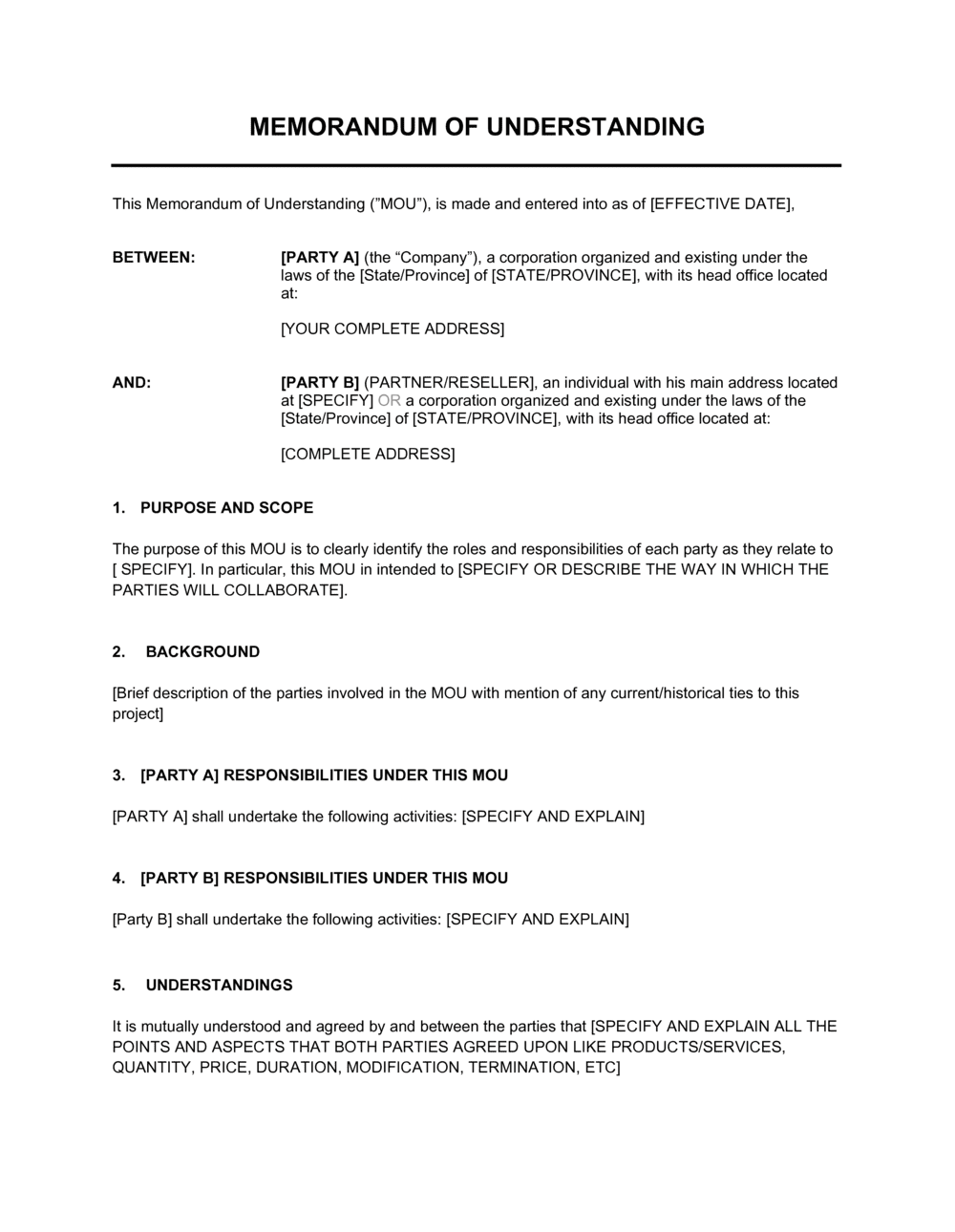

On the other hand, prior to acceding to Trump’s wishes, Lighthizer was explaining that MOUs are “legally binding” and are “contracts”. Given this definition of a MOU, it is not surprising Trump does not like using this term to describe what he is touting as a key achievement of his administration. (See the Investopedia definition here for a typical business understanding of MOU). In most business contexts, MOUs are not legally binding although they might commit the parties to negotiate in good faith to reach a legally binding agreement. Like many business folks, Trump is probably familiar with the term MOU as a preliminary agreement between business parties that precedes a final detailed legally binding contract. This is actually an interesting legal academic question (see this thread between Rob Howse and Duncan Hollis, for example), since both Trump and Lighthizer have good reasons to have a different understanding of what a MOU means. Their disagreement is about whether something called a MOU can be such a binding agreement.

Both seem to want a legally binding agreement with China. Lighthizer quickly backed down and simply agreed to call the forthcoming deal with China a “trade agreement.” (Apparently, all draft agreements have already been retitled.) The video of the exchange is actually more clarifying than the written account, because it shows that Trump and Lighthizer are having a terminological rather than a substantive disagreement. “The real question is, Bob,” Trump said, “how long will it take to put that into a final binding contract? The top Chinese negotiator, Vice Premier Liu He, laughed out loud. It’s a contract.”īut the president, unswayed, fired back at Lighthizer. “An MOU is a binding agreement between two people,” he said.

Lighthizer then jumped in to defend the strategy, with Trump looking on. I don’t like MOUs because they don’t mean anything. Trump told gathered reporters that the memorandums would “be very short term. Trade Representative Robert Lighthizer did just that last Friday when they publicly debated whether the possible US-China trade deal would be called a “memorandum of understanding” (MOU) or a “trade agreement.” Here is the exchange, per Bloomberg. President and his chief trade representative debate fine points of international law in the Oval Office in front of the world’s press and senior Chinese officials.


 0 kommentar(er)
0 kommentar(er)
